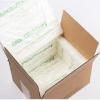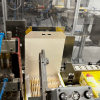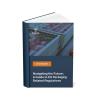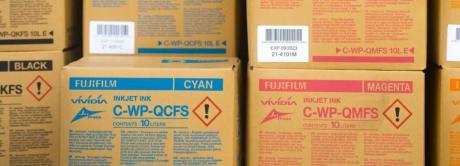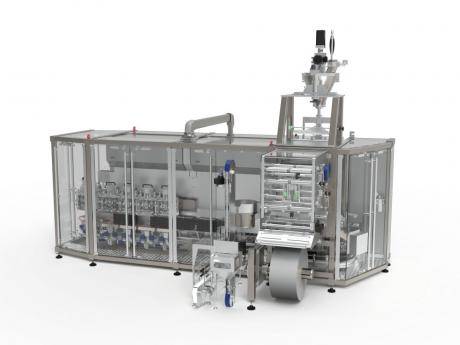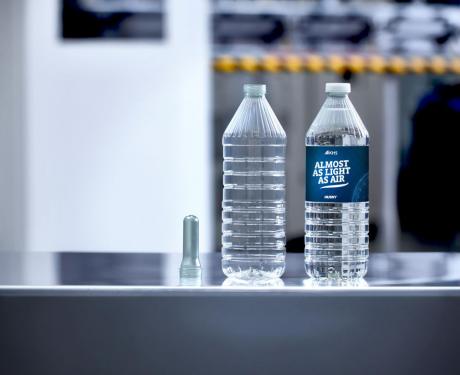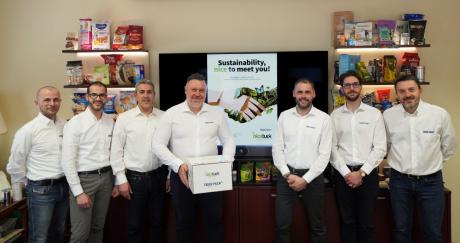While in Europe media promote circular economy, recycling and reuse of packaging on a daily basis to guarantee long life to the planet, increasingly threatened by global warming, in Africa waste recycling is still today a strongly backward sector.
However, there are many attempts by the European business world to reverse this trend and boost the recycling market in Africa. It is an example of this a plant created by the Italian company Sorema, a world leading manufacturer of plastics washing and recycling systems. In collaboration with the Austrian manufacturer Starlinger, Sorema installed a recycling plant for post-consumer PET bottles at the factory of the Congolese recycler Ok Plast. In particular, the Italian company provided the sorting, grinding and washing sections of the plant, i.e. the key stages in the recycling process of PET bottles, while Starlinger supplied an extrusion line for the production of food grade rPET pellets.
Ok Plast recycles about 50 tons per day of plastic waste produced in Kinshasa. The plant supplied represents a further step forward in the continuous expansion of the recycling industry in Africa with the aim of solving the problem of plastic waste management and disposal while offering new job opportunities to local communities. Prior to this system, Sorema had already delivered and started up some washing and recycling plants in Nigeria, Algeria, South Africa, Egypt and Tunisia.
This turnkey plant was built with the aim of producing rPET flakes for food packaging. For this purpose, it can reach an operating output of 1,100 kg per hour of washed rPET flakes obtained from PET bottles, which Ok Plast receives from a number of collection points located in the different areas of Kinshasa. The plant supplied by the Italian manufacturer will contribute to the development of circular economy in Africa through the upcycling of rPET, a material that is destined for being incorporated in increasing quantities into food grade preforms, bottles and containers.
The bottle-to-bottle rPET washing line includes several sections for as many process stages: automatic feeding, pre-washing and de-labeling, followed by wet grinding, hot washing, flotation and, finally, rinsing and drying. The line incorporates colour and material detectors for both bottles and flakes placed in two sorting stations. Finally, the Sorema-Scada 4.0 digital monitoring system allows local and remote control of the entire line.
The latest development integrated into Sorema's post-consumer PET bottle washing plant is the updated bottle pre-washing system. This module washes the bottles after dry pre-sorting, removing shrink labels and other labels as well as all external contaminants, including organic materials, sand and grit.
The next process step consists of grinding the bottles into flakes with the help of the PRH water mills built by Previero. The hot cleaning module featuring a batch cycle guarantees a very high quality of flakes for bottle-to-bottle recycling, improving the separation of organic contaminants and glues, and minimising the consumption of water, energy and chemicals. After drying and sorting by colour, the treated flakes are conveyed to Starlinger's recoSTAR PET iV+ extruder to produce rPET pellets suitable for new containers destined for direct contact with food.
Sorema's technological offer is the result of the on-going monitoring of the packaging and plastic packaging waste sector. At the company's Recycling Research Center in Alzate Brianza (near Como), a pilot plant is also in operation to allow recyclers to perform comprehensive recycling and washing tests and determine the mass balance and assess the quality of the products obtained with these processes.


